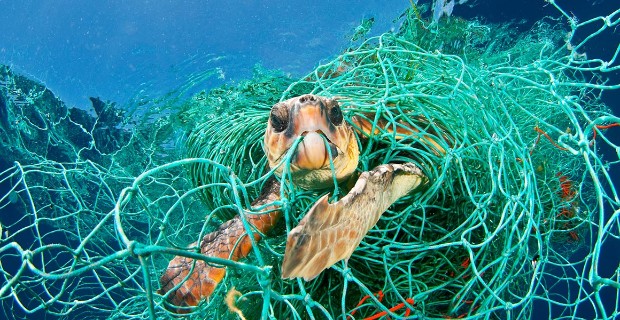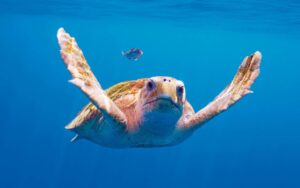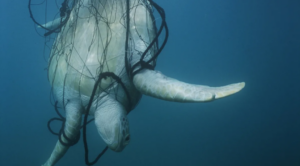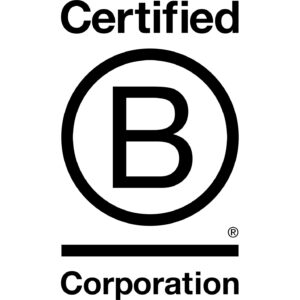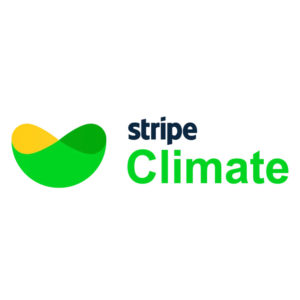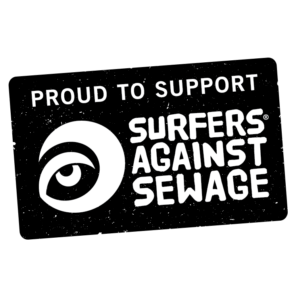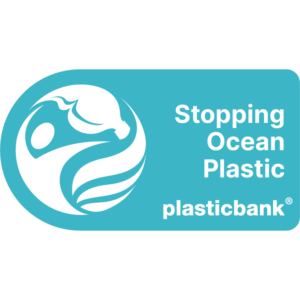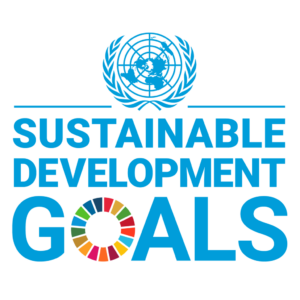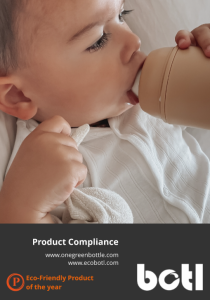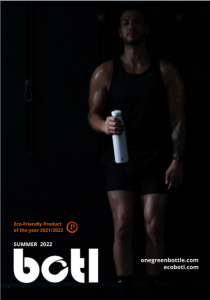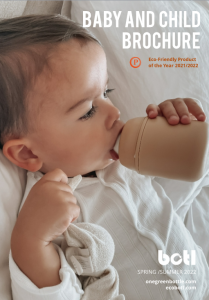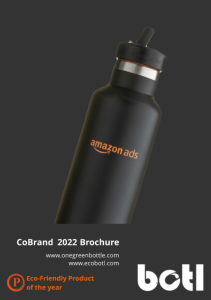The BBC Planet Earth III team broke wildlife filming’s unofficial non-intervention rule to rescue turtles trapped in a net.
Matt Brandon, the series producer, stated that “the rules are changing” for intervening while filming animals in their natural habitat due to climate change. He emphasised that for turtles, the consequences can be “absolutely tragic.”
He explained, “Over the time period where they were filming, they found numerous turtles trapped in nets, and there was no way those turtles could survive, and they did step in and cut them free. I think they were able to save all but one of them, and that’s probably the right choice and a justifiable thing to do.”
This revelation came ahead of the release of the third installment of the BBC’s celebrated Planet Earth series. A Queensland Parks and Wildlife Service ranger works to free a green turtle trapped on a rocky reef exposed at low tide on Raine Island, the world’s s largest green turtle rookery.
Huge amounts of plastic single use bottles are thrown into landfill or our oceans each year. Plastic takes 500 years to decompose. In the Ocean it breaks down into plastic micro particles that are ingested by marine creatures and sea life. We can all make a big difference by not buying single use plastic bottles. Each plastic bottle of water takes around 2 cups of oil to manufacture, it can leach harmful, toxic chemicals into your drink, it could have been in that bottle for up to 5 years and it could have traveled thousands of miles to get to your supermarket.
Sir David Attenborough, presenting the show for the third time, mentioned that the new series illustrates how animals are adapting to a world that humans have “changed beyond recognition.”
At 97, he stated, “The natural world continues to surprise us, but since Darwin’s time, it has changed beyond recognition, being transformed by a powerful force – us. We will see how animals are adapting in extraordinary ways to survive the new challenges they face. At this crucial time in our history, we must now look at the world through a new lens.”
The eight-part series was filmed over nearly five years, with 134 film shoots across 43 countries and six continents. Mike Gunton, the executive producer, described it as a “new natural history” reflecting a time when the planet is changing, influenced by what Darwin would call a “selection pressure” — humanity impacting all environments and animals. Planet Earth III series will include “extraordinary extremes of evolution,” showcasing how animals are adapting to the impacts of climate change. One example highlighted is the small Columbus Crab in the North Atlantic Ocean, adapting to increased levels of plastic in the seas.
The producer, Matt Brandon, noted the difficulty of not getting involved with suffering animals, acknowledging the “golden rule of wildlife filmmaking.” However, he emphasised that man-made climate change is altering their approach. Gunton hopes the latest Planet Earth series will convey the message that humanity is pushing species, habitats, and individual animals to their limits, but the natural world has the capacity to heal itself with the right interventions.
OneGreenBottle saving our oceans
Good for all life. Better for our planet, best for your life and if you look after your bottle it will have a long life. Our amazing customers have saved billions of single use plastic water bottles from entering our oceans or landfill plus we have committed to removing 25 plastic bottles from ocean bound rubbish for every single bottle sold.
We are making caps from recycled, discarded fishing nets and sea-harvested plastics and we have a zero plastic supply chain. Over 60% of the plastic pollution originates in Asia/Pacific where a huge portion of this is production by-product. Where you can, ask your suppliers to aim for zero plastic supply chains – it would have an enormous effect on plastic waste. Making David Attenborough happy too!
Save the ocean. Shop onegreenbottle. Support David Attenborough’s Planet Earth III.
